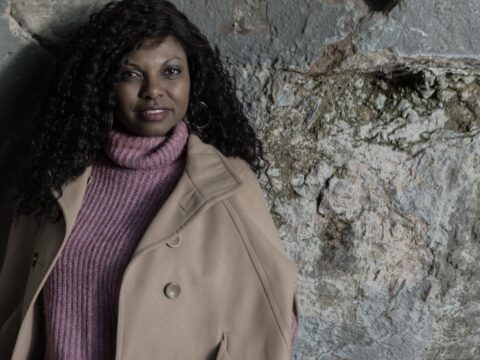In my regular meanderings, I came across a video about fair dice. There are hundreds of such videos and many are quite well done. But they all handwave away significant portions of die fairness in order to focus on the task at hand. Which, to be fair is fair in a way, but it is it really fair to fairly dismiss other fairness factors?
Forget The Math
Such conversations usually start off with medians and modes and standard deviations. We aren’t going there because, in practice, it doesn’t matter. Here’s why: A game of Monopoly can technically end in as little as nine rolls of the dice. An average game, per the “experts”, is 30 turns for 4 players, meaning a minimum of 120 rolls of the dice. That is 240 individual, six-sided dice being rolled. The point? You can have perfectly manufactured, perfectly balanced dice and you will almost certainly never see a perfectly fair distribution of results in the standard game of Monopoly. Or any other game for that matter. You simply never reach a proper, statistical sample size.
Fairness Distributed
Some “experts” will claim you can determine fairness within 10 rolls even with a 20-sided die. Never take any measure of fairness of this sort seriously, even if done with unmatched scientific rigor. Roll your die the typically suggested 1000 times. Be within the standard deviation. You still are not proving future fairness. At best, you are only proving that past fairness occurred or not.
The Observer Effect
Simply observing something changes it. This is a fundamental component of quantum theory. In the process of 1000 rolls, you have changed pretty much everything about the situation even with a perfectly tuned, hands-off die rolling system. Has the mass or shape of the die changed, even at a microscopic level, due to a thousand collisions? What about the surface upon which the die lands? Any mechanical wear on your auto-rolling robot? Even accounting for all of that being infallible, that is not how dice are rolled under normal circumstances. There are simply far more variables than you can control.
Focus On Acting Fairly
Is there a point to this? Yes. Rather than focus attention on studying scientific means to achieve or verify fairness, how about we pay heed to real world situations. Are we treating each other kindly? Are we giving each other a reasonable chance? Or are we standing in the way of their success in some manner? Let’s drop the charade of studying what it means to be fair. There are simply too many variables to account for and the more we test, the more we shift parameters.
The world is hard, complicated, and anything but fair. We already have all the equation we need to achieve a better world: Love one another. Stop making it complicated with lazy “yeah, but,” thinking.











